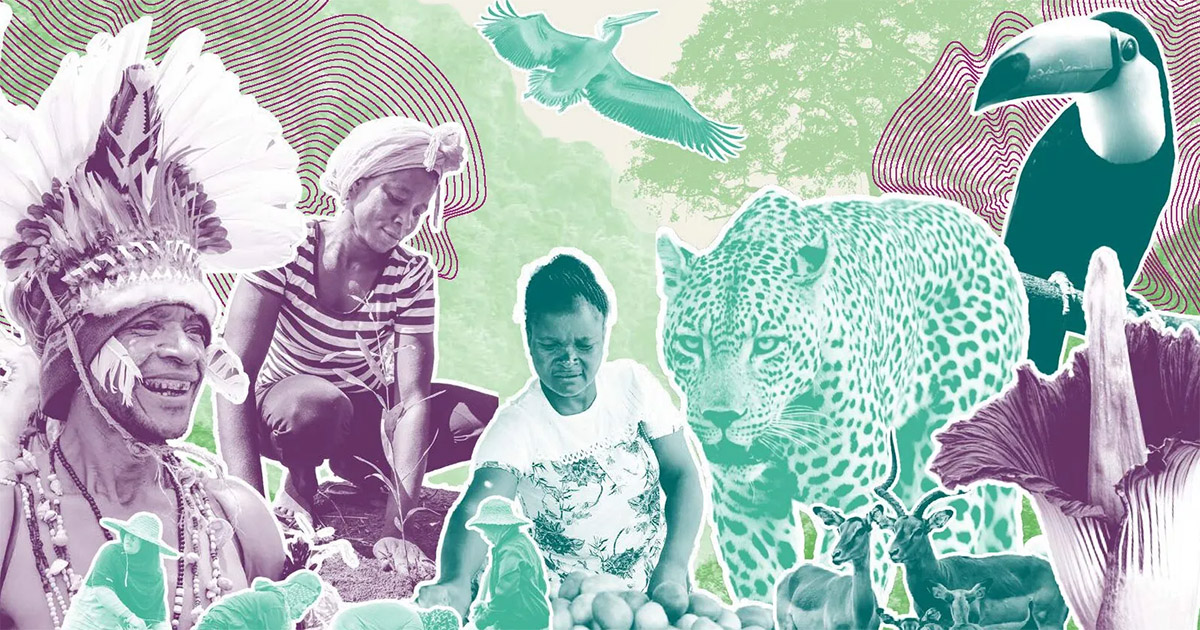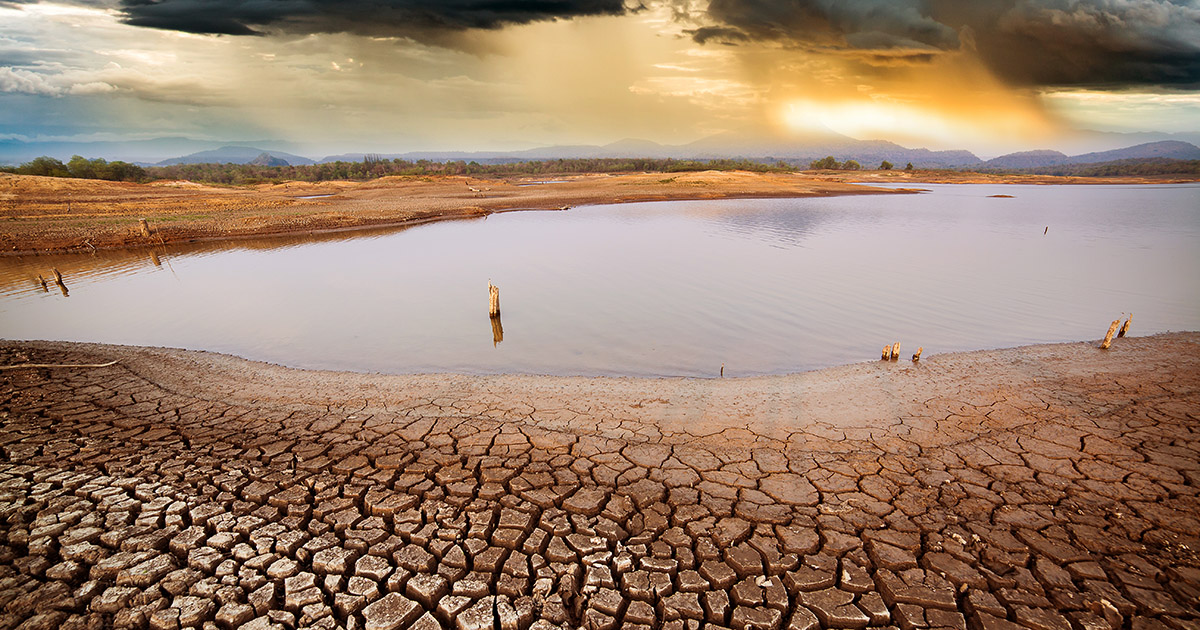
CIFOR-ICRAF aborda retos y oportunidades locales y, al mismo tiempo, ofrece soluciones a los problemas globales relacionados con los bosques, los paisajes, las personas y el planeta.
Aportamos evidencia empírica y soluciones prácticas para transformar el uso de la tierra y la producción de alimentos: conservando y restaurando ecosistemas, respondiendo a las crisis globales del clima, la malnutrición, la pérdida de biodiversidad y la desertificación. En resumen, mejorando la vida de las personas.
GOBERNANZA

Explore eventos futuros e passados em todo o mundo e online, sejam hospedados pelo CIFOR-ICRAF ou com a participação de nossos pesquisadores.
EVENTOS PRÓXIMOS

ÚLTIMAS NOTÍCIAS
A ciência precisa de canais de comunicação claros para cortar o ruído, para que a pesquisa tenha algum impacto. O CIFOR-ICRAF é tão apaixonado por compartilhar nosso conhecimento quanto por gerá-lo.

Découvrez les évènements passés et à venir dans le monde entier et en ligne, qu’ils soient organisés par le CIFOR-ICRAF ou auxquels participent nos chercheurs.
EVENTOS PRÓXIMOS

Jelajahi acara-acara mendatang dan yang telah lalu di lintas global dan daring, baik itu diselenggarakan oleh CIFOR-ICRAF atau dihadiri para peneliti kami.
EVENTOS PRÓXIMOS

Actualités
Pour que la recherche ait un impact, la science a besoin de canaux de communication clairs pour aller droit au but. CIFOR-ICRAF est aussi passionné par le partage de ses connaissances que par leur production.

ÚLTIMAS NOTICIAS
Para que la investigación pueda generar algún impacto, los conocimientos científicos requieren de canales de comunicación claros. En CIFOR-ICRAF, compartir nuestros conocimientos nos apasiona tanto como generarlos.

Explore eventos futuros y pasados organizados por CIFOR-ICRAF o con la participación de nuestros investigadores.
EVENTOS PRÓXIMOS

CIFOR-ICRAF produce cada año más de 750 publicaciones sobre agroforestería, bosques y cambio climático, restauración de paisajes, derechos, políticas forestales y mucho más, y en varios idiomas. .
EXPLORE NUESTROS RECURSOS
Consulte las productos de investigación de CIFOR-ICRAF, disponibles en una amplia variedad de formatos y en línea.

Kabar terbaru
Ilmu pengetahuan membutuhkan saluran komunikasi yang jelas untuk mencapai tujuan, jika ingin dampaknya terlihat. CIFOR-ICRAF sangat bersemangat untuk berbagi pengetahuan sembari menghasilkan pengetahuan itu sendiri.

CIFOR-ICRAF genera impacto mediante conocimiento científico de vanguardia. Desarrollamos investigaciones innovadoras, fortalecemos las capacidades de nuestros socios y dialogamos activamente con todas las partes interesadas, aportando el conocimiento más reciente sobre los bosques, árboles, paisajes y personas para la toma de decisiones a escala mundial.

CIFOR-ICRAF aborda retos y oportunidades locales y, al mismo tiempo, ofrece soluciones a los problemas globales relacionados con los bosques, los paisajes, las personas y el planeta.
Aportamos evidencia empírica y soluciones prácticas para transformar el uso de la tierra y la producción de alimentos: conservando y restaurando ecosistemas, respondiendo a las crisis globales del clima, la malnutrición, la pérdida de biodiversidad y la desertificación. En resumen, mejorando la vida de las personas.
GOBERNANZA

CIFOR–ICRAF achieves science-driven impact. We conduct innovative research, strengthen partners’ capacity and actively engage in dialogue with all stakeholders, bringing the latest insights on forests, trees, landscapes and people to global decision making.

CIFOR–ICRAF publishes over 750 publications every year on agroforestry, forests and climate change, landscape restoration, rights, forest policy and much more – in multiple languages.
Explore our knowledge
Browse CIFOR–ICRAF’s published research in a wide range of formats, all of which are available for free online.

CIFOR–ICRAF addresses local challenges and opportunities while providing solutions to global problems for forests, landscapes, people and the planet.
We deliver actionable evidence and solutions to transform how land is used and how food is produced: conserving and restoring ecosystems, responding to the global climate, malnutrition, biodiversity and desertification crises. In short, improving people’s lives.












